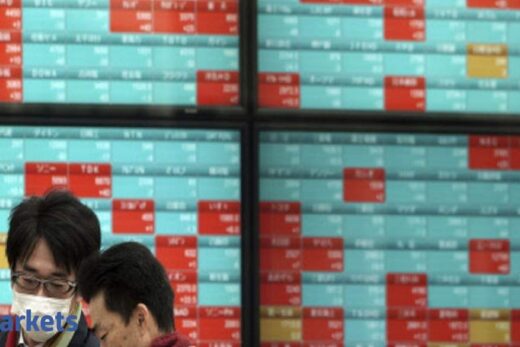The Nikkei index ended up 0.19 per cent at 29,562.93, with consumer cyclical and technology shares leading gains. The broader Topix rose 0.27 per cent to 1,930.82.
This year, the Nikkei has rallied more than 7 per cent to its highest level since 1990 as investors bought shares of Japanese exporters which are expected to benefit as the global economy recovers from the COVID-19 pandemic.
Stocks have risen so quickly that some traders warn that a correction is overdue, but most analysts say the Nikkei is still on track to reclaim the psychological important 30,000 mark because the earnings season so far been better than expected.
“A lot of investors are buying on dips, which shows that the mood is positive,” said Masahiro Yamaguchi, head of investment research at SMBC Trust Bank.
“The global economic recovery will become more concrete as the year progresses, which benefits Japanese companies that are sensitive to global growth.”
Toyota Motor Co ended up 1.7 per cent after briefly touching its highest level in more than five years as the company reported a bigger-than-expected increase in earnings and raised its forecasts.
Another prominent gainer was Honda Motor Co Ltd, which rose 5.14 per cent, after the automaker upgraded its earnings forecasts.
The biggest decliner on the Nikkei was Japan Tobacco Inc , which tumbled by 7.46 per cent, after cutting its dividend and announcing restructuring.
So far this earnings season, 80 per cent of Japanese companies have beaten forecasts for the December quarter, according to Refinitiv data.
There were 116 advancers on the Nikkei index against 102 decliners.
The volume of shares traded on the Tokyo Stock Exchange’s main board was 1.16 billion, compared to the average of 1.23 billion in the past 30 days.



